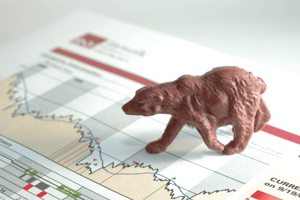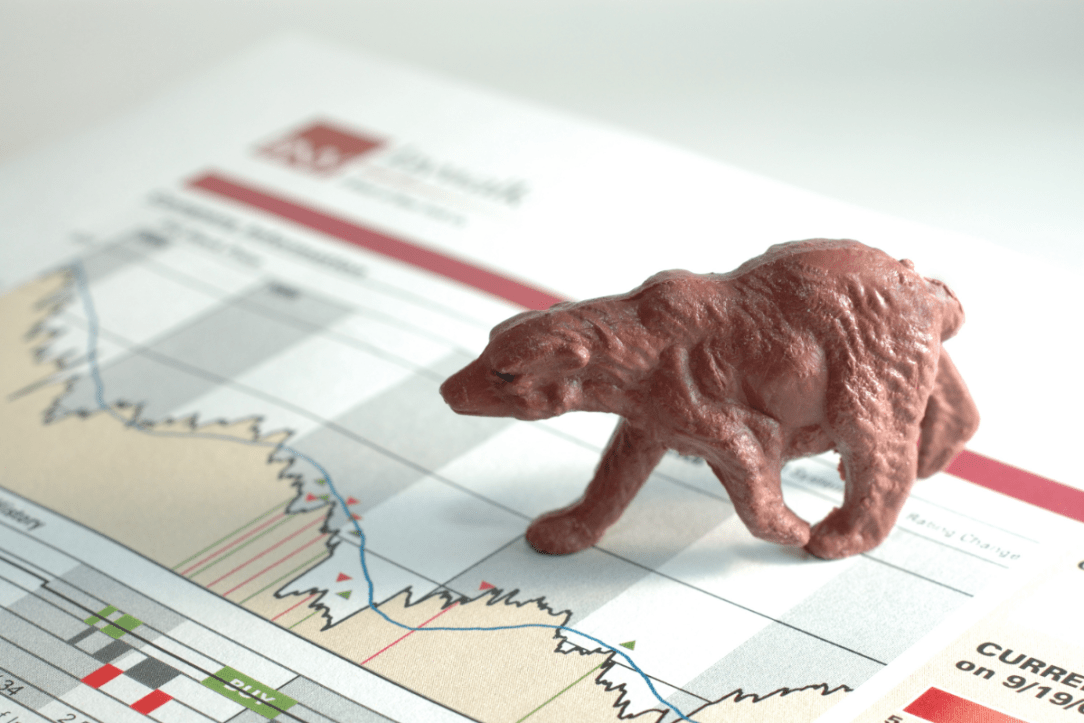Did you know that market volatility tends to increase during times of economic recession or political uncertainty? According to an article published by Forbes in March 2021, 'volatility can rise during a recession, as companies' earnings prospects become uncertain.' This is especially important for Exelon employees and retirees who may be looking to invest their retirement savings. Here are some of the best tips for employees of Exelon on how to eliminate emotions from their investment strategy.
1. Establish Long-Term Financial Goals
It is essential that employees and retirees of Exelon have a financial objective in mind. Understanding your financial objectives, risk tolerance, time horizon, etc. can help you develop a long-term investment strategy. Focusing on short-term gains makes it easy to become distracted by short-term losses, but having rules and a longer time horizon can help you remain calm during periods of high market volatility.
| 'Holding sufficient cash can reduce big emotional swings that come with being over-invested in the stock market.' |

|
2. Use Cash as a Position
The large emotional fluctuations that accompany over-investment in the stock market can be mitigated by maintaining a sufficient cash balance. Warren Buffett has advocated using a 90/10 equity-to-cash ratio, but we advise Exelon employees and retirees to have enough cash to cover 12 months of expenses.
3. Diversify
We recommend that employees and retirees of Exelon diversify their portfolios. By diversifying your portfolio across multiple asset classes and industries, you can reduce extreme market volatility and risks. Having a portfolio that is diversified and well-balanced in numerous areas can prevent you from making impulsive decisions.
4. Dollar-cost average
This strategy entails investing equal quantities of money at predetermined intervals. During a market decline, investors purchase shares at lower prices. During an uptrend, previously held shares accrue capital gains, while fewer 'expensive' shares are purchased. DCA may reduce the average total cost per share of an investment.
Featured Video
Articles you may find interesting:
- 8 Tenets of Choosing a Mutual Fund
- Use of Escrow Accounts: Divorce
- Section 303 Stock Redemption Buy-Sell Agreement
- Medicare Open Enrollment Is Here: How Are Costs Changing for 2023?
- 2022 High Net Worth Tax Planning
- Policy Roadmap
- Section 179 Deductions
- Learn About the Path to Retirement
- Contemplating Change: 7 Key Factors When Considering a Transition from Your Company
- How Are Workers Impacted by Inflation & Rising Interest Rates?
- Lump-Sum vs Annuity and Rising Interest Rates
- Advice for Retirees Trying to Survive a Bear Market
- 5 Most Important Things to do Before Leaving Your Company
- Internal Revenue Code Section 409A (Governing Nonqualified Deferred Compensation Plans)
- 6 Retirement Myths Employees Need to Know!
- 401K, Social Security, Pension – How to Maximize Your Options
- Have You Looked at Your 401(k) Plan Recently?
- 8 Tenets of Choosing a Mutual Fund
- Use of Escrow Accounts: Divorce
- Section 303 Stock Redemption Buy-Sell Agreement
- Medicare Open Enrollment Is Here: How Are Costs Changing for 2023?
- 2022 High Net Worth Tax Planning
- Policy Roadmap
- Section 179 Deductions
- Learn About the Path to Retirement
- Contemplating Change: 7 Key Factors When Considering a Transition from Your Company
- How Are Workers Impacted by Inflation & Rising Interest Rates?
- Lump-Sum vs Annuity and Rising Interest Rates
- Advice for Retirees Trying to Survive a Bear Market
- 5 Most Important Things to do Before Leaving Your Company
- Internal Revenue Code Section 409A (Governing Nonqualified Deferred Compensation Plans)
- 6 Retirement Myths Employees Need to Know!
- 401K, Social Security, Pension – How to Maximize Your Options
- Have You Looked at Your 401(k) Plan Recently?
Conclusion
Investing in the stock market can be like sailing on a rough sea. Just like a sailor navigates through choppy waters, investors need to navigate through market volatility and unpredictable events. Establishing a long-term investment strategy is like setting a course for your sailing journey. Maintaining a sufficient cash balance is like having a lifeboat to weather storms, while diversifying your portfolio is like carrying different sails for various weather conditions. Finally, dollar-cost averaging is like adjusting your sails to get the most out of the wind. By using these strategies, Exelon employees and retirees can successfully navigate the ups and downs of the stock market and reach their financial destination.
/General/General%202.png?width=1280&height=853&name=General%202.png)



-2.png?width=300&height=200&name=office-builing-main-lobby%20(52)-2.png)















-2.png)












